Documents filed in the Federal Court on an unrelated matter have highlighted how little profit Jeep has made despite turning over almost $5 billion in six years.
US car giant Jeep and its associated brands may not be paying enough tax in Australia, a document filed in the Federal Court has intimated.
The car maker has made an average after-tax profit of just $14.7 million annually in Australia over the past six years -- despite turning over a whopping $4.8 billion during that time and increasing Jeep sales seven-fold.
The average annual profit figures mean Jeep and its associated brands paid an estimated $5 million a year in taxes, which equates to about $30 million on a turnover of $4.8 billion over a six-year period.
The figures were listed in defence documents filed by the lawyer for Clyde Campbell, the former Jeep Australia boss who is at the centre of a $30 million scandal into the alleged misuse of corporate funds.
Transfer pricing is the industry term given to describe the movement of funds within car companies
The profit listings given in the defence document refer to "net profit after tax and transfer pricing adjustments".
Transfer pricing is the industry term given to describe the movement of funds within car companies.
In the past, the Australian Tax Office has investigated Toyota and other companies suspected of moving profits offshore to pay less tax locally.
Documents submitted to the Federal Court in Melbourne show over the past six years the US car giant has only made an average annual profit after tax of just 1.85 per cent of its turnover in Australia, despite unprecedented sales growth and favourable exchange rates.
In 2004, the Herald Sun newspaper reported the Australian Tax Office was investigating Toyota for "transfer pricing", whereby profits were allegedly shifted overseas to be taxed at a lower rate.
In 2010, Toyota made a one-off payment to the Australian Tax Office of $250 million.
At the time Toyota refused to say what the bill was for, only offering that the tax bill was for "prior years".
"Intercompany pricing is complex and we've had discussions with the Tax Office and overseas tax authorities," a Toyota spokesman said at the time.
"This settlement has been reached following a thorough review with the ATO on a very complex issue," the Toyota statement said in 2010. "We believe we conduct our operations according to all relevant rules and regulations regarding financial matters."
Six weeks ago, News Corp Australia reported the ATO was looking at the Jeep brand ambassador program to see if Fringe Benefits Tax should be applied to the "hundreds" of cars loaned to suppliers, celebrities and sporting stars.
Contrary to perception, it is the provider of the vehicle that is subject to FBT, not the user of the vehicle. News Corp Australia had spoken to recipients of Jeep "ambassador" vehicles who had been contacted by the ATO.
FCA has denied there were "hundreds" of cars, however there have been at least 45 "brand ambassadors" at various times in recent years, as well as approximately 90 cars with the Richmond football club and 30 cars with the Gold Coast Suns.
Each of the cars are typically replaced at least once a year so they can be sold as "dealer demonstrators" while the distance travelled is less than 10,000km.







.jpg)


.jpg)
.jpg)


.jpg)
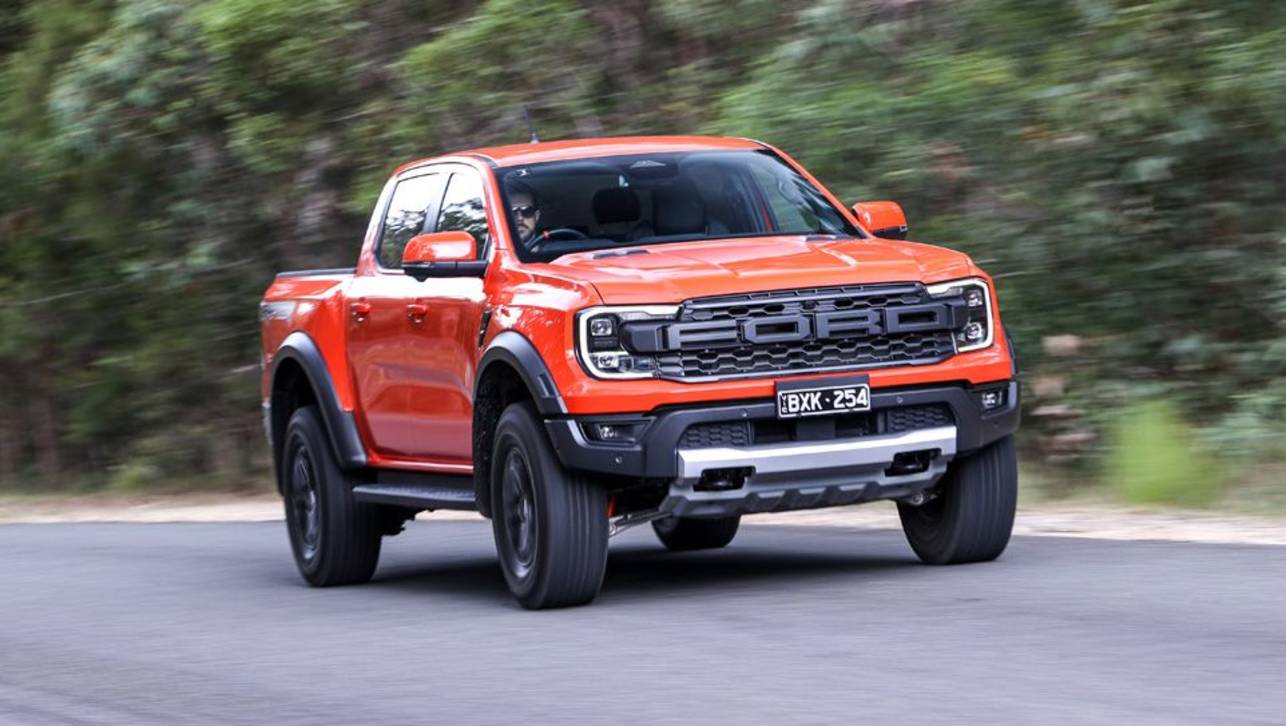
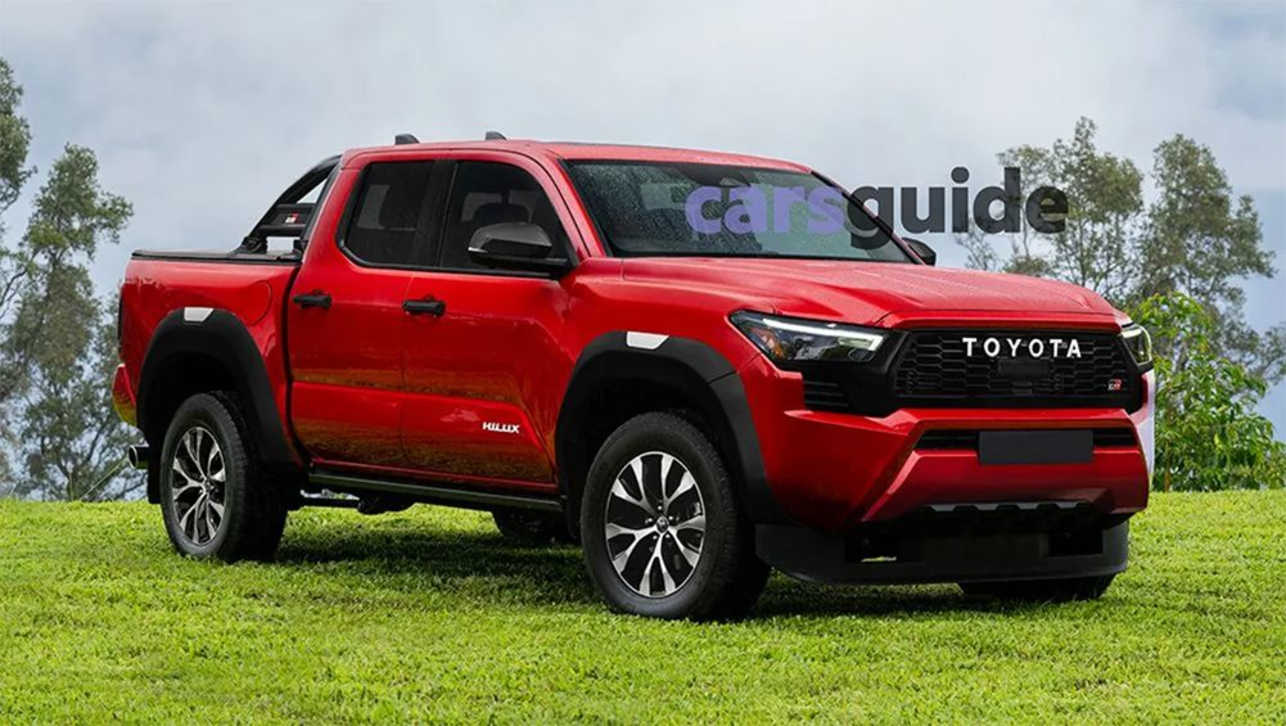
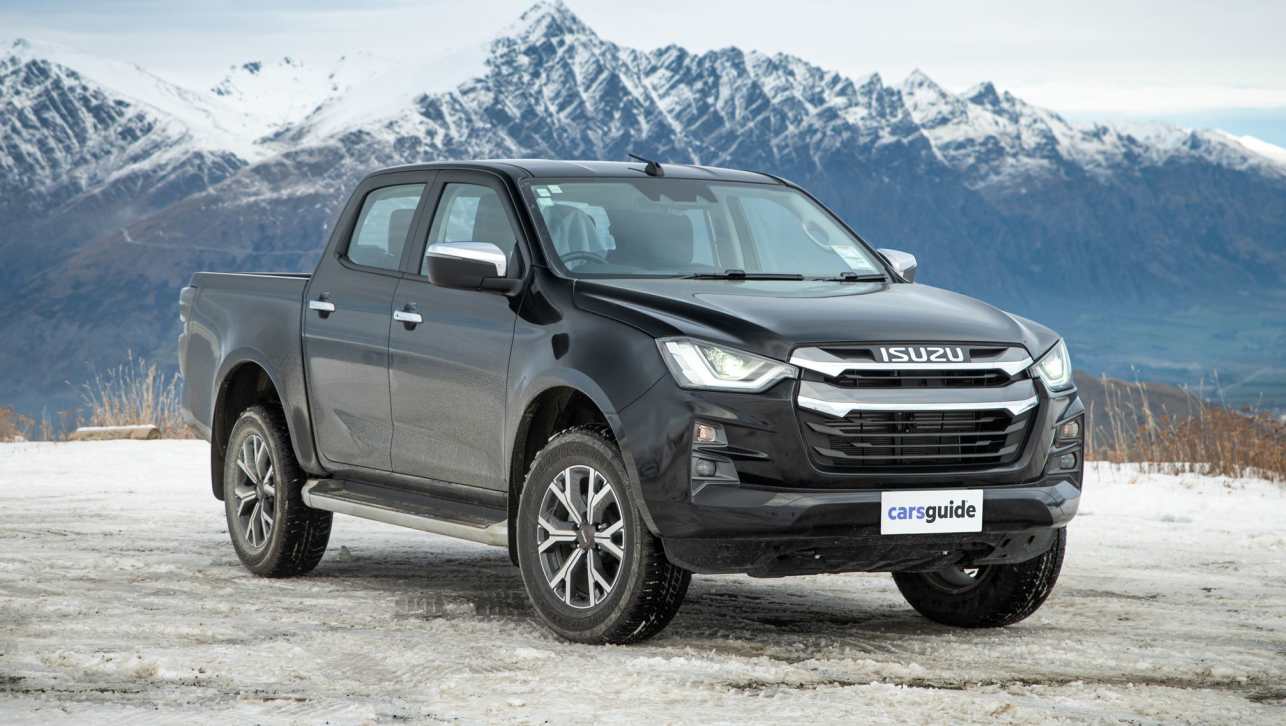

.jpg)

.jpg)

.png)
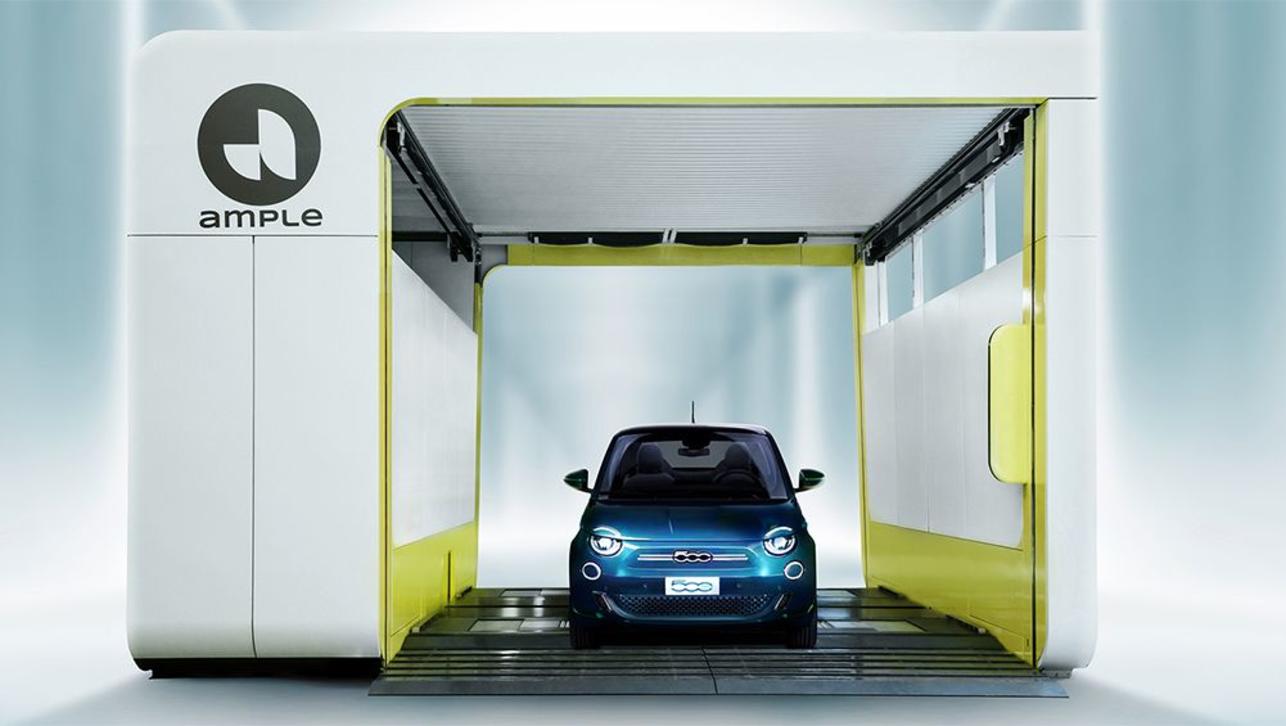
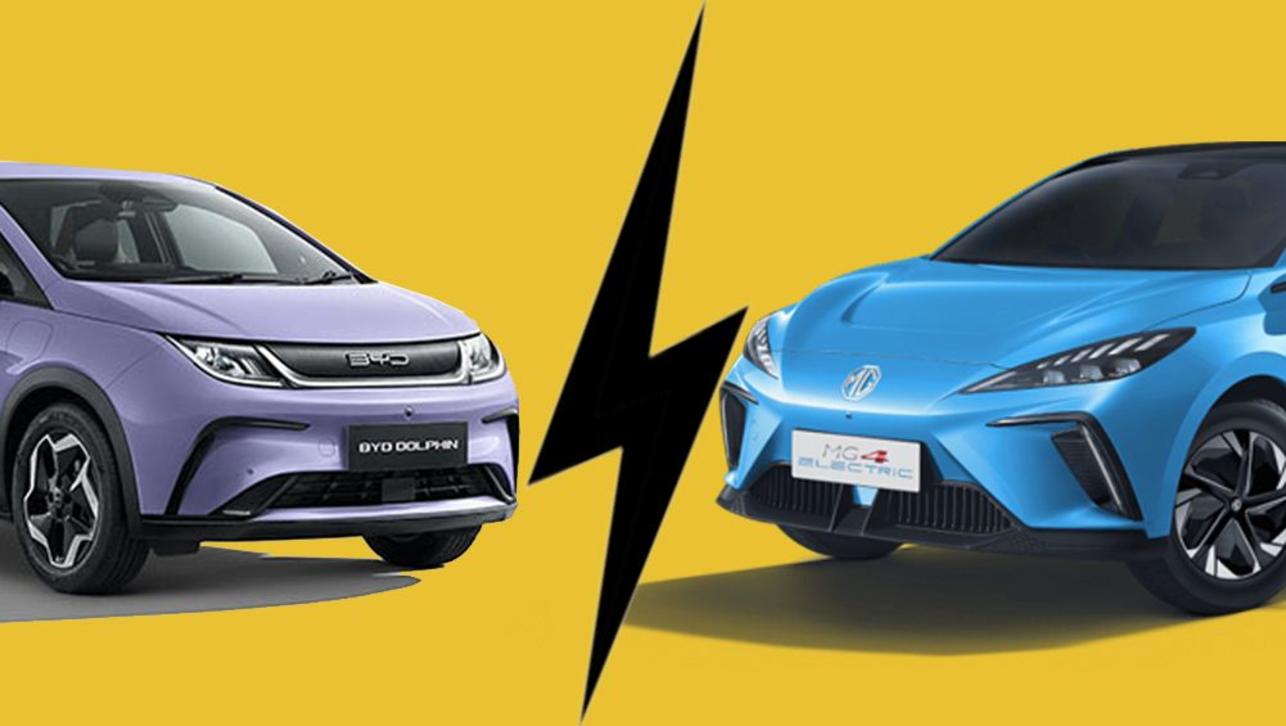




Comments